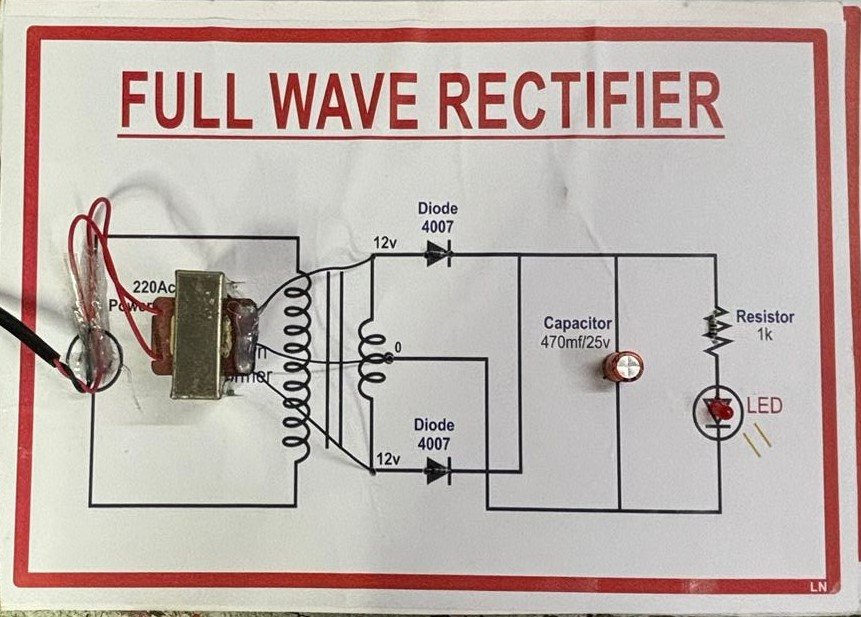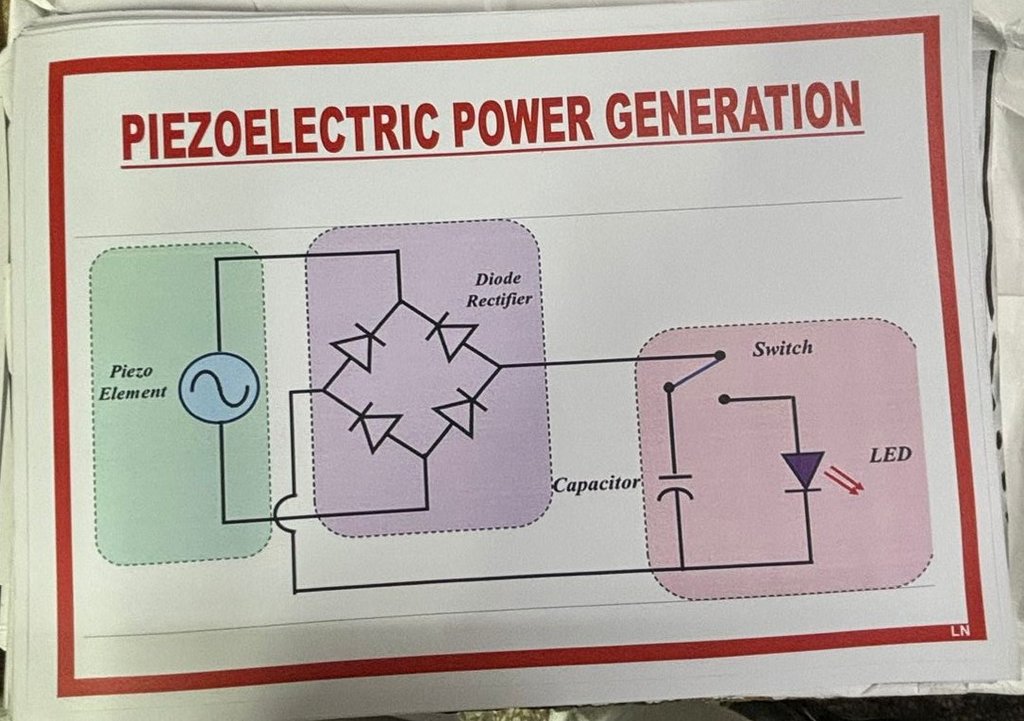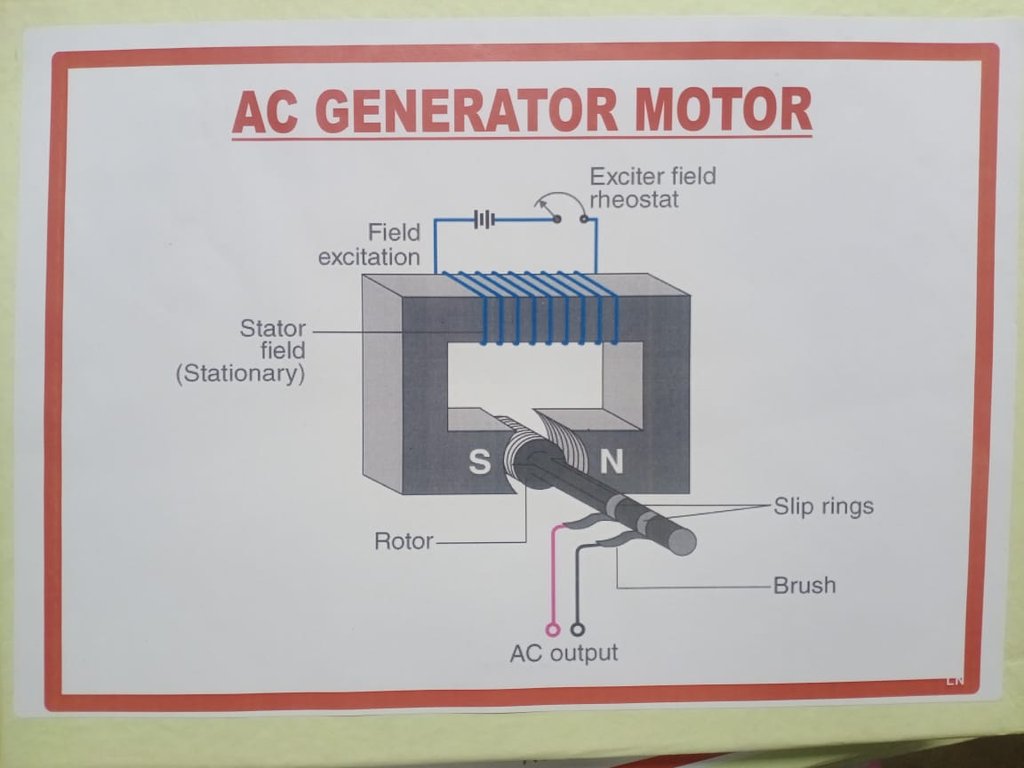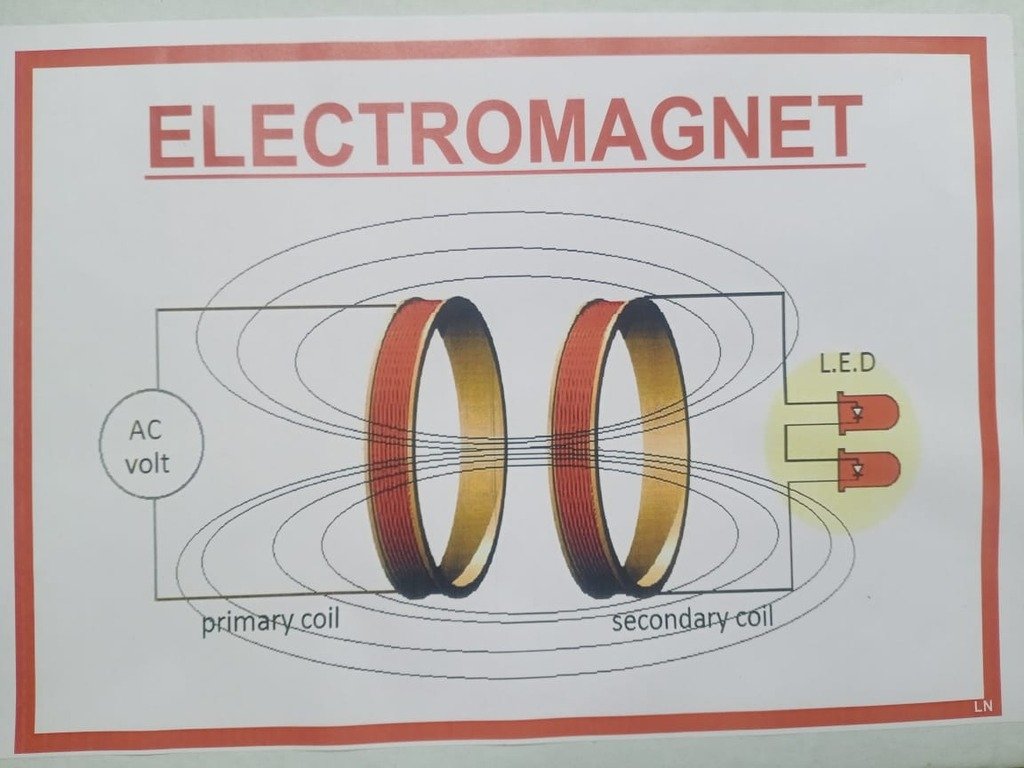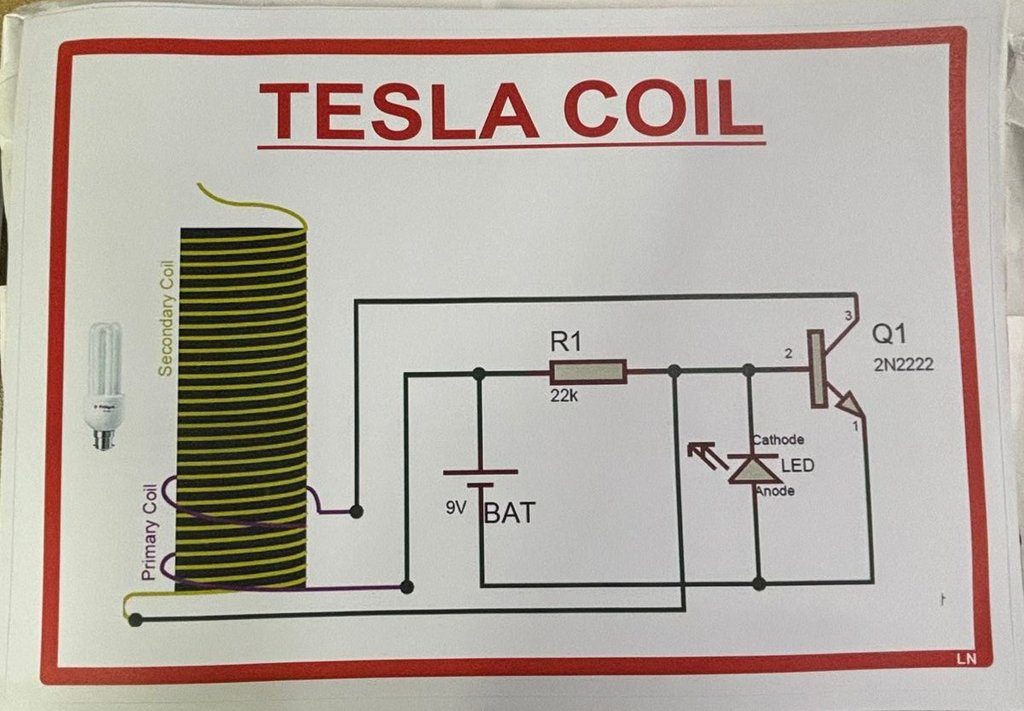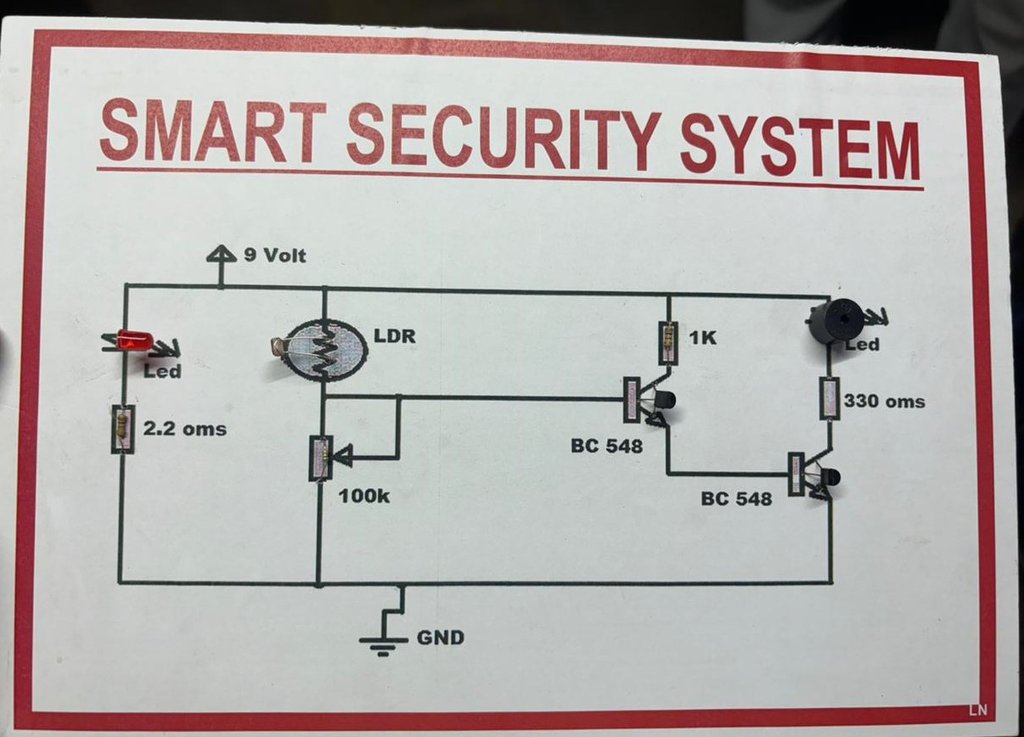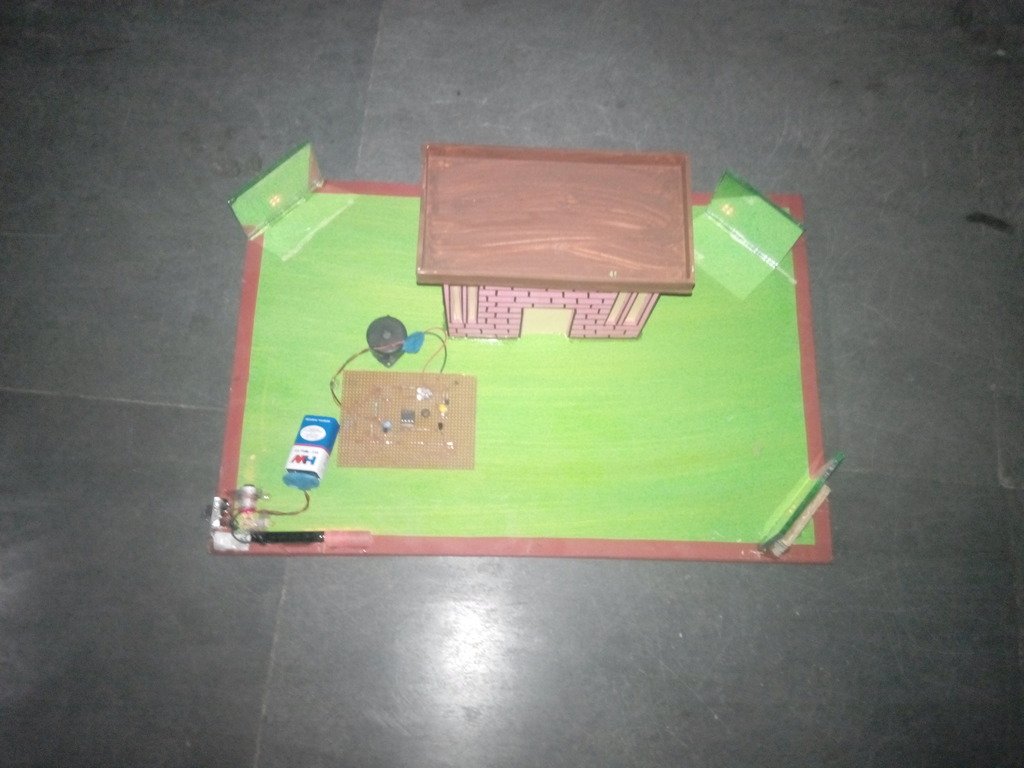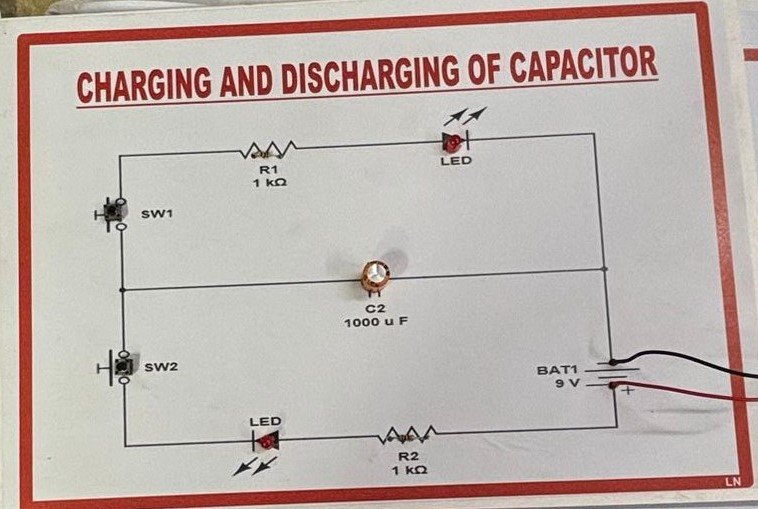



Charging and Discharging of Capacitor
- Availibility: In Stock
Components Required:
- Capacitor (e.g., 100µF or 470µF)
- Resistor (e.g., 10kΩ)
- Power Supply (e.g., 9V battery or DC power source)
- Switch (To control the charging and discharging process)
- Oscilloscope (For visualizing voltage changes across the capacitor)
- Multimeter (For measuring voltage and resistance)
- Connecting Wires
- Breadboard (For assembling the circuit)
Qty
Your Transaction is Secure
We work hard to Protect your Security and Privacy. Our Payment Security System Encrypts your information during transmission.
Description
Project Description: This project involves setting up an RC circuit to study the charging and discharging behavior of a capacitor. The circuit consists of a capacitor, a resistor, and a switch connected to a power supply.
Students will connect the capacitor and resistor in series with the power supply, and use the switch to control the charging and discharging process. By closing the switch, the capacitor begins to charge through the resistor, and the voltage across the capacitor increases according to the charging formula. When the switch is opened, the capacitor discharges through the resistor, and the voltage decreases according to the discharging formula.
Students will use an oscilloscope to observe the voltage waveform across the capacitor during charging and discharging. The time constant of the RC circuit, given by τ=RC\tau = RCτ=RC, will be measured and analyzed to understand how it affects the rate of voltage change.
Applications:
- Understanding the principles of capacitor charging and discharging
- Analyzing the time constant and its effect on circuit behavior
- Practical experience with oscilloscopes and multimeters for measuring electrical signals
- Educational tool for learning about RC circuits and exponential functions
Additional information
Reviews
Add a Review
Your email address will not be published. Required fields are marked *


